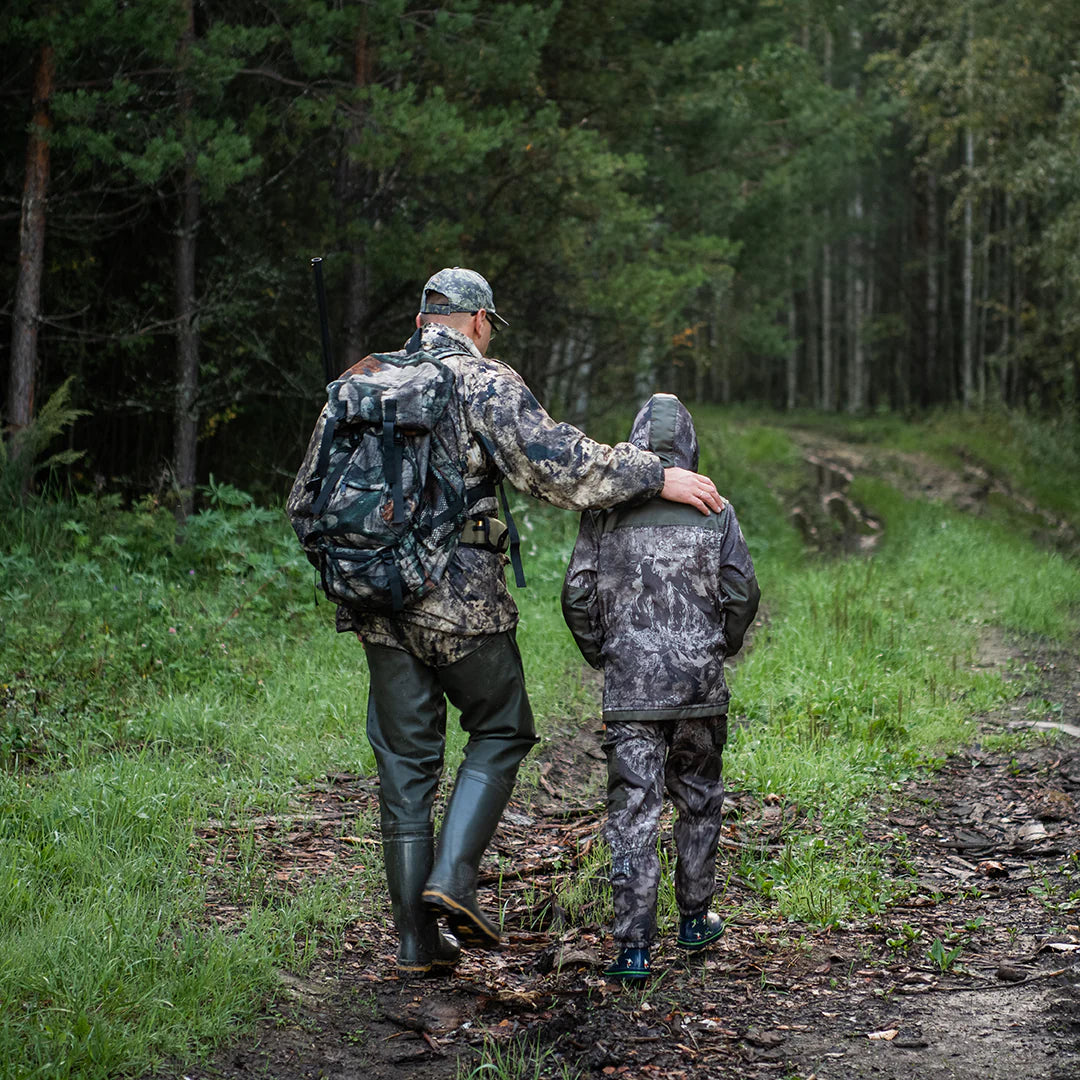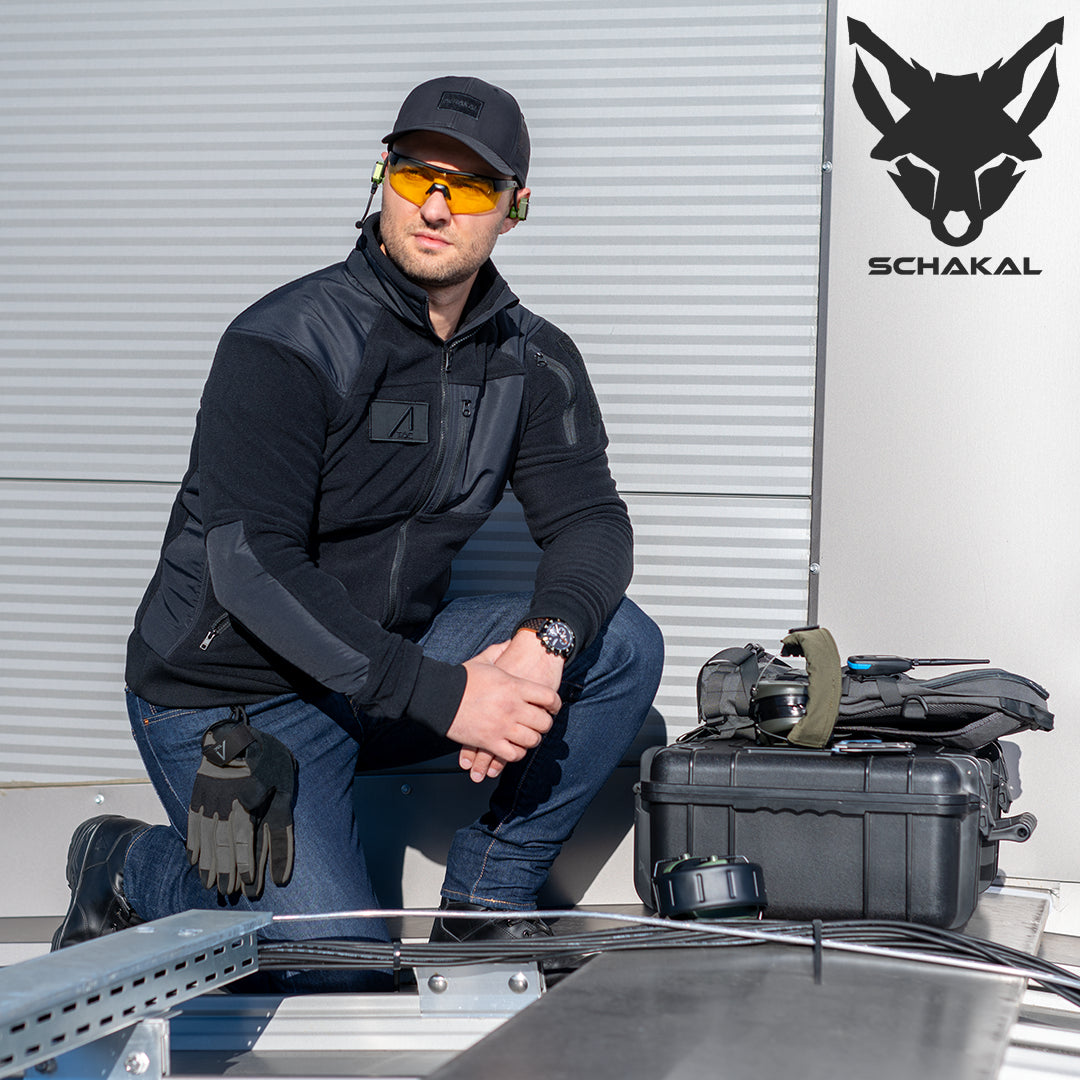
Learn about what’s at stake with your hearing while on the hunt.
While much attention is paid to firearms, clothing, and other equipment, one critical piece of gear is often neglected: hearing protection. Only about 25% of hunters wear hearing protection, according to the American Suppressor Association. The noise produced by gunfire is not just loud; it can cause immediate, irreversible damage to your hearing. Here’s why wearing hearing protection is essential for every hunter and how it can enhance your hunting experience.
Safe vs. Unsafe Levels of Noise
Noise is measured in decibels (dB), and the level of exposure to noise that is considered safe depends on both the loudness of the sound and the duration of exposure. According to health experts, sounds below 70 dB are generally considered safe, and they do not typically cause hearing loss, no matter how long you’re exposed to them.
Exposure to sounds at or above 85 dB can be hazardous over extended periods, especially with repeated exposure. Prolonged exposure to noise levels of 85 dB or higher—like the sound of heavy traffic, for example—can cause hearing damage over time.
When it comes to gunshots, which can range from 140 to 175 dB, the risk of hearing loss is immediate and severe.
The Danger of Gunshot Noise
Gunshots are among the loudest sounds to which humans are commonly exposed. Depending on the type of firearm and ammunition, gunfire can produce noise levels ranging from 140 to over 175 decibels. To put this in perspective, normal conversation occurs at about 60 dB, and sounds above 85 dB can cause hearing damage if exposure is prolonged [ SOURCE: https://www.nidcd.nih.gov/news/2020/do-you-know-how-loud-too-loud#:~:text=Sound%20is%20measured%20in%20units,dBA%20can%20cause%20hearing%20loss). The threshold for pain is around 120 dB, which means that gunfire far exceeds safe noise levels.
Even a single gunshot can cause noise-induced hearing loss (NIHL). This type of hearing loss occurs when the hair cells in the inner ear are damaged by loud sounds. These cells do not regenerate, meaning any hearing loss you suffer from gunfire is permanent.
NIHL can make it difficult to understand speech, especially in noisy environments, and can also lead to persistent tinnitus, a ringing in the ears that can be as debilitating as hearing loss itself.
The Risks for Hunters
Hunters are particularly at risk for NIHL due to the repeated exposure to firearm noise. Small-caliber rifles can produce sounds exceeding 120 dB, while shotguns and large-caliber rifles can reach levels over 175 dB. The proximity of the firearm to your ears significantly increases the risk of hearing damage.
Some hunters mistakenly believe that firing a gun outdoors mitigates the risk of hearing damage. While open spaces can slightly disperse sound, they do not reduce the decibel level enough to prevent damage.
The Long-Term Impact of Hearing Loss
Hearing loss doesn’t just affect your ability to hear—it impacts your quality of life. People with hearing loss often experience social isolation, depression, and a decreased ability to enjoy everyday activities. Moreover, once your hearing is damaged, it cannot be restored. This makes prevention crucial. The Centers for Disease Control and Prevention (CDC) estimates that about 12 million Americans suffer from hearing loss due to noise exposure, with a significant portion related to recreational activities like hunting.
Hearing loss is cumulative. Each time you fire a gun without hearing protection, you’re adding to the damage, even if you don’t notice it immediately. Over time, this can lead to significant hearing loss, making it harder to enjoy not just hunting, but all the sounds of life.
Why Hearing Protection is Essential
Given the high risk of hearing damage, wearing hearing protection should be as routine as wearing camo clothing. ACE Schakal and Sordin electronic earmuffs and in-ear devices are designed to protect your hearing while still allowing you to hear ambient sounds and communicate with others. These devices can even amplify quiet sounds while blocking out harmful noise levels, making them perfect for hunters.
Using hearing protection doesn’t just protect your hearing; it enhances your hunting experience. By filtering out harmful noise while allowing you to hear what’s important—like the rustling of leaves or the call of a deer—you can stay more alert and responsive in the field. This not only makes you a more effective hunter but also reduces the risk of accidents, as you’re better able to hear and respond to your environment.
As you prepare for deer season, make sure that hearing protection is part of your gear. The excitement of the hunt should not come at the cost of your hearing. Modern hearing protection is comfortable, effective, and essential for preserving your hearing health. By taking simple steps to protect your ears, you can ensure that you’ll continue to enjoy the sounds of the hunt—and life—for many years to come.
Don’t let the thrill of the hunt lead to a lifetime of silence. Get your ear pro from us today to guarantee a lifetime of hunting- and hearing.

